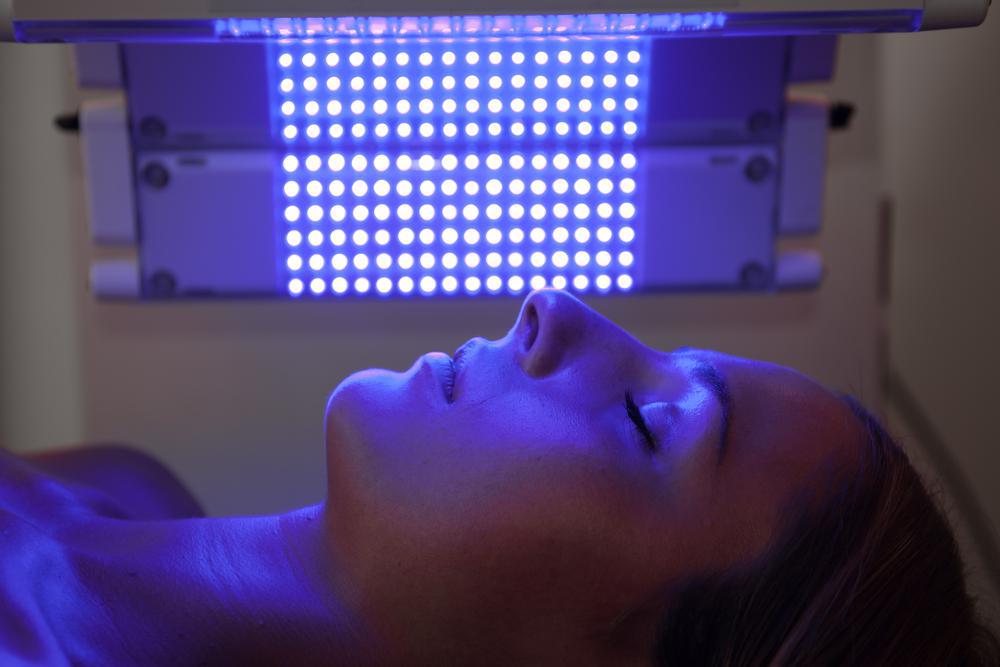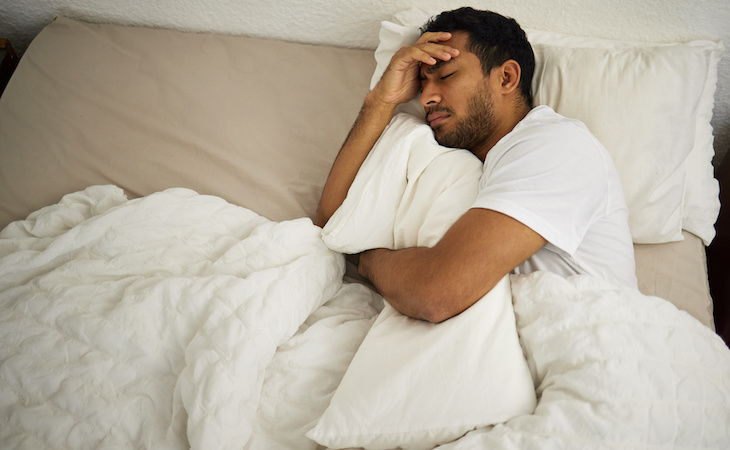Efficient Therapy Solutions for Taking Care Of Rest Disorders and Enhancing Restful Rest
In the realm of health care, the monitoring of sleep conditions and the mission for restful sleep are critical parts of overall health. As we navigate the intricate landscape of rest problems and seek to enhance our sleep experience, a deeper understanding of these therapy services might hold the secret to opening a more relaxing and fulfilling corrective journey.
Cognitive Behavioral Treatment for Sleeping Disorders (CBT-I)
Cognitive Behavior Modification for Sleeplessness (CBT-I) is an organized, evidence-based therapy technique that concentrates on addressing the underlying factors adding to sleep disturbances. This sort of therapy aims to modify habits and ideas that worsen sleeplessness, ultimately advertising healthy and balanced rest patterns. CBT-I generally involves numerous crucial elements, including cognitive therapy, sleep limitation, stimulus control, and rest health education.
Cognitive therapy helps people determine and transform adverse idea patterns and beliefs about rest that might be impeding their capability to fall or remain asleep. Rest limitation includes limiting the amount of time spent in bed to match the individual's actual sleep duration, consequently raising rest performance (sleep deprivation help). Stimulus control techniques aid establish a strong organization between the bed and rest by motivating individuals to head to bed only when drowsy and to prevent engaging in promoting activities in bed
In addition, rest hygiene education and learning focuses on establishing healthy and balanced sleep habits, such as keeping a constant sleep timetable, producing a relaxing going to bed routine, and optimizing the rest setting. By dealing with these elements adequately, CBT-I supplies an efficient non-pharmacological treatment for managing insomnia and enhancing general rest quality.
Sleep Hygiene Practices
Having actually developed the foundation of cognitive restructuring and behavior modifications in dealing with sleep problems with Cognitive Behavioral Treatment for Sleeplessness (CBT-I), the focus currently shifts in the direction of exploring important Rest Hygiene Practices for keeping optimal rest quality and overall health.
Rest hygiene methods encompass a variety of habits and ecological aspects that can substantially impact one's ability to go to sleep and stay asleep throughout the evening. Consistent sleep and wake times, creating a relaxing going to bed routine, and enhancing the rest atmosphere by maintaining it dark, peaceful, and cool are critical components of good sleep hygiene. Limiting exposure to screens before bedtime, avoiding stimulants like caffeine near to going to bed, and participating in routine physical task during the day can likewise promote much better sleep top quality.
Moreover, exercising leisure techniques such as deep breathing workouts or reflection before bed can help soothe the mind and prepare the body for sleep. By including these rest health techniques right into one's daily regimen, people can establish a healthy rest pattern that supports restful rest and general health.
Leisure Techniques and Mindfulness
Executing leisure methods and mindfulness methods can play a crucial function in promoting a sense of calm and promoting high quality rest. Additionally, led imagery can aid carry people to a relaxed location in their minds, aiding in stress and anxiety reduction and boosting rest quality.
Mindfulness methods, such as meditation and yoga exercise, are also effective in promoting relaxation and enhancing sleep. Mindfulness motivates individuals to stay present in the minute, releasing bother with the past or future. By incorporating these techniques into a going to bed regimen, individuals can signal to their bodies that it is time to prepare and unwind for sleep. On the whole, incorporating relaxation methods and mindfulness techniques can substantially contribute to managing rest conditions and boosting overall sleep quality.

Medication Options for Rest Disorders
After checking out relaxation methods and mindfulness techniques as non-pharmacological treatments for enhancing rest high quality, it is necessary to consider medicine alternatives for people with rest conditions. In situations where way of life modifications and therapy do not offer adequate alleviation, medication can be a valuable device in taking care of rest disruptions.
Generally suggested drugs for rest conditions include benzodiazepines, non-benzodiazepine hypnotics, antidepressants, and melatonin receptor agonists. Benzodiazepines, such as diazepam, are sedatives that can help generate rest, however they are normally advised for temporary usage as a result of the risk of dependence. Non-benzodiazepine hypnotics like zolpidem are also used to deal with insomnia and Go Here have a lower risk of dependence compared to benzodiazepines. Antidepressants, such as trazodone, can be helpful for people with co-occurring clinical depression and rest disturbances. Melatonin receptor agonists, like ramelteon, target the body's natural sleep-wake cycle and can be helpful for managing sleep patterns.
It is crucial for people to speak with a doctor to determine one of the most suitable drug choice based upon their certain rest condition and case history.
Light Therapy for Body Clock Regulation
Light therapy, also understood as phototherapy, is a non-invasive treatment technique made use of to regulate body clocks and enhance sleep-wake cycles. This treatment involves exposure to intense light that imitates all-natural sunlight, which assists to reset the body's biological rhythm. By exposing people to certain wavelengths of light, commonly in the early morning or evening depending on the desired result, light therapy can successfully readjust the circadian rhythm to promote wakefulness throughout the day and enhance relaxing sleep during the night.
Research has actually revealed that light treatment can be specifically useful for people with body clock problems, such as postponed sleep phase syndrome or jet lag. It can also be valuable for those experiencing seasonal affective problem (SAD), a sort Going Here of clinical depression that generally happens during the winter season when natural light direct exposure is reduced. Light therapy is generally well-tolerated and can be used in combination with various other treatment techniques for sleep conditions to enhance results and improve total sleep quality.
Conclusion
To conclude, efficient therapy solutions for managing rest problems and improving peaceful sleep include Cognitive Behavior modification for Sleeping Disorders (CBT-I), sleep hygiene practices, leisure strategies and mindfulness, drug alternatives, and light treatment for circadian rhythm policy. These techniques can aid individuals boost their rest high quality and overall wellness. It is very important to seek advice from a healthcare company to identify one of the most appropriate approach for resolving rest issues.
As we browse the elaborate landscape of sleep problems and seek to boost our sleep experience, a much deeper understanding of these therapy solutions might hold the key to unlocking a much more relaxing and fulfilling restorative trip.
Rest constraint includes restricting the quantity of time invested in bed to match the person's real sleep duration, thereby increasing rest efficiency. Constant rest and wake times, developing a relaxing bedtime regimen, and maximizing the sleep setting by keeping it dark, peaceful, and cool are crucial components of good sleep hygiene. Light treatment is usually well-tolerated and can be made More Bonuses use of in conjunction with various other therapy approaches for sleep disorders to enhance outcomes and boost general sleep top quality.
